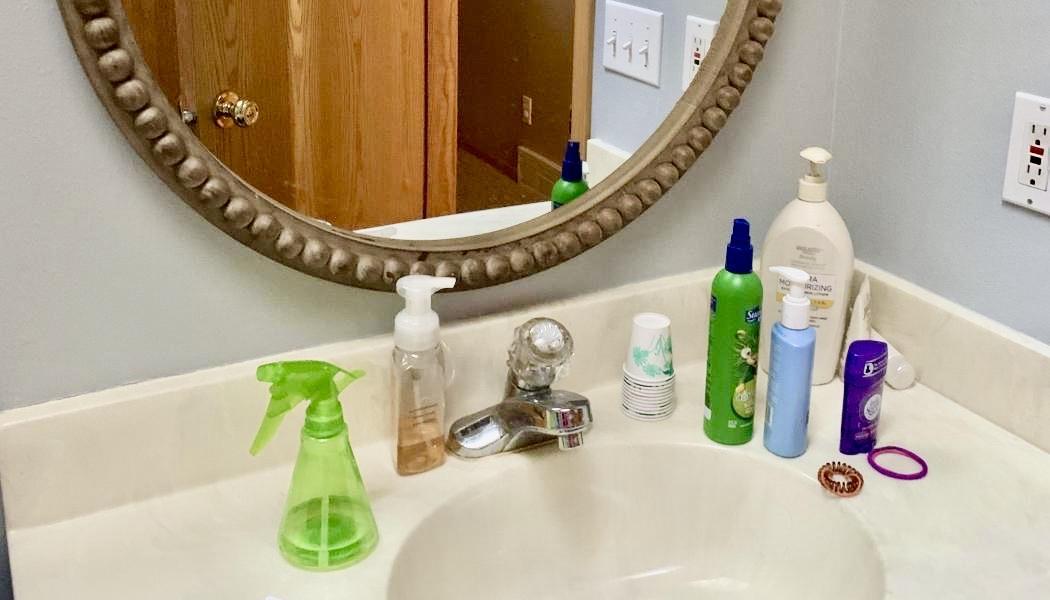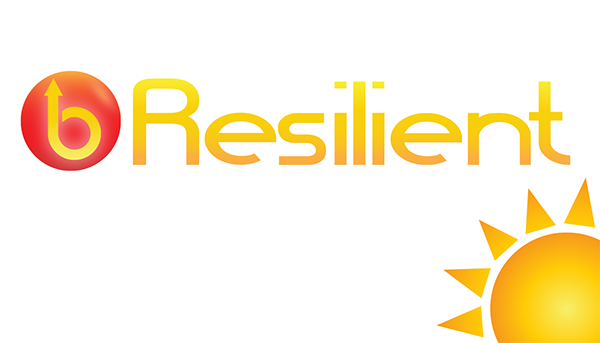
Melissa McNally
As parents, my husband and I strive to be on the same page when it comes to expectations for our daughter. However, my daughter has picked up on subtle differences in our parenting. One of her weekly chores is to make sure her bathroom is clean. I’ve noticed she has been asking me to check it rather than my husband. When I asked her why, she said, “Dad expects it to be a lot cleaner than you do.”
I had to reflect on this, and came to the conclusion that she was right. I tended to overlook the many containers of lotions, cleansers, and jewelry left on the counter. I justified it by saying she’s a teenage girl and uses lots of products to get ready.
Knowing that our expectations weren’t matching, my husband and I went in the bathroom with her and redefined what clean looks like. We agreed if you haven’t used it this week, it needs to be put away.
I have worked for more than 10 years in the same large school district. In that time, I’ve had the opportunity to work in many schools across that district. The other day at a staff training, we were looking at student work samples. Examining the writing of kindergarten students, I was struck when comparing it with the kindergartners’ writing in a school I was at previously. Although students at both schools were expected to master the same standards, mastery was displayed very differently. After listening to the teachers talk about the writing samples, I understood what was different; our expectations.
At times, I think we as teachers justify why our expectations may be lower. We may say this group of students is low, the population is not the same at this school, or there is a lack of parent support. It may be time to sit with colleagues and redefine the expectations by looking carefully at the standards. It’s also important to change our mind-set and, rather than lower the expectations, think about how we can support students so that they rise to what is expected. A group of students may need scaffolds such as more explicit instruction, modeling, or frequent feedback. We need to communicate the expectations to students and show them samples or model what mastery looks like.
Like my family, you may find that it’s time to tidy up your expectations. Being clear and consistent will help not only teachers, but students. Clearly define the expectation, communicate that expectation, and evaluate it based on the standard.
During this uncertain time, we will continue to connect with you through our Tip each Friday providing you an inspirational story and resources that can be used in a school setting or adapted to meet your students’ needs at home or virtually. If you have an idea that you would like to share, email us here. Together, we will continue learning so that we are ready when we return to school with our students. ❤️
News From The Daily CAFE
Reading at Home with Gail Boushey
Help Parents Promote Independent Reading and Writing at Home








